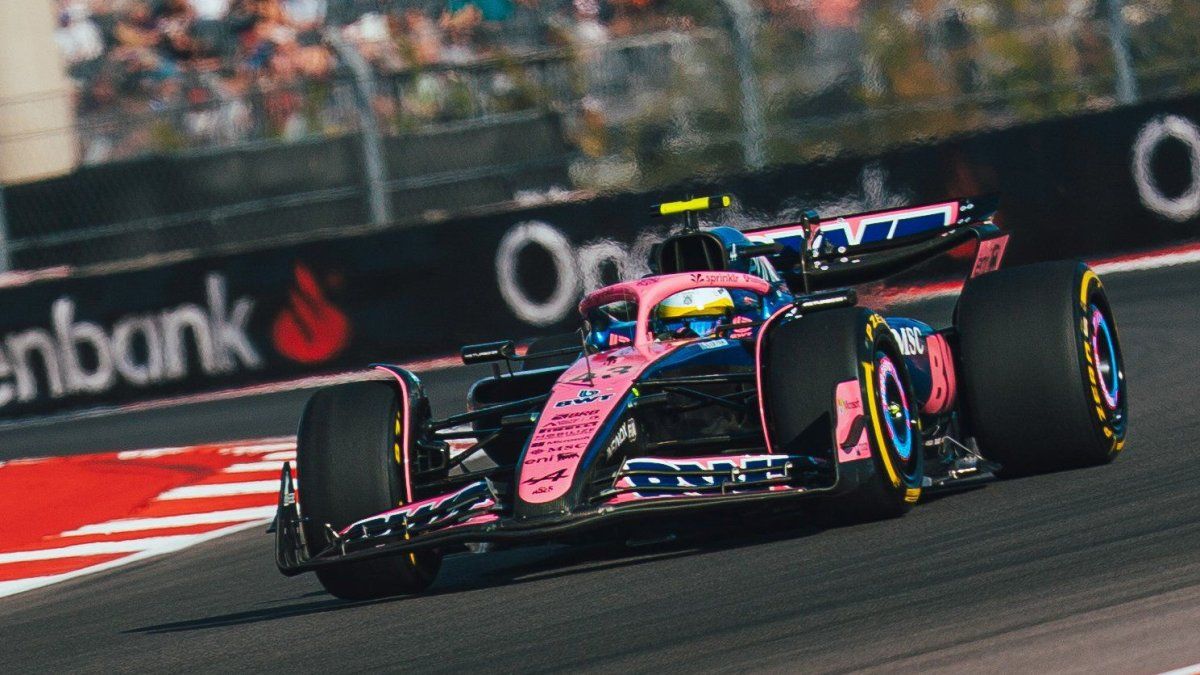Image: Mirjam Reither (FEEI/APA Photo Service/Reither)
Like many sectors of the economy, the electrical and electronics industry has to struggle not only with the shortage of skilled workers, but above all with rising costs – for material, energy and personnel. The Electrical and Electronics Industry Association (FEEI) will not be negotiating its new collective agreement until March – the pioneering metalworkers will start soon – but chairman Wolfgang hesoun drew a path to new solutions on Tuesday. These are urgently needed, said hesoun.
It is about making one-off payments attractive from an employee perspective in order to reduce the burden on companies, said the former manager of Siemens Austria, who is close to the SPÖ and who is also the head of the Federation of Austrian Industries (IV) in Vienna or the head of the supervisory board of the casinos Austria is. The subject is also with the competent authorities on the part of the Chamber of Commerce – there is hesoun not only FFEI chairman but also vice president and financial officer – addressed for a long time.
The idea of the one-off payments should basically make it possible to close below inflation, but still generate a real increase in purchasing power over a year. The government would allow such one-off payments tax-free. But employee representatives would have to negotiate from a smaller base next year – and lose employees throughout their working lives. The union therefore categorically rejects talks about such models.
hesoun can understand the concern of the union, but sees opportunities to break through the reservations. Therefore, he calls on the employee representatives to discuss models in which the employees from hesouns view would not pay more. That is solvable. The one-time payment would be included in the existing KV at the very end, i.e. after twelve months, shortly before the next KV negotiations. “So the jump base does not decrease,” said hesoun.
On the second, more complex disadvantage of one-off payments related to Social Security said hesounthat a solution is needed for the emerging delta in order not to create disadvantages in the pensions of others. After all, with lower increases in KV, lower contributions flow into social security.
“No solution at the expense of workers”
“Of course, it’s not possible to fundamentally rule out negotiating at all, if you take into account that negative effects will not take effect,” said hesoun towards unions. “But of course there can be no solution only at the expense of the employees. We have to try to eliminate disadvantages.”
Basically, the current overall situation is about maintaining purchasing power through targeted measures, not about nationwide payments such as one-off payments. “It’s about measures that will also enable us in the next negotiations with social partners to perhaps be able to conclude somewhat lower levels of contracts without the employees having less net available,” demanded hesoun. One-time payments are “born from reasonable ideas, but they didn’t work in connection with collective bargaining because they didn’t fit into the KV scheme”.
competitiveness at risk
The last time (March 2023) the FEEI had a KV increase of 9.9 percent. A similarly high degree would put companies under considerable pressure in 2024 hesoun. “Companies ask themselves whether it is still profitable to invest in Austria. Economic areas such as the USA or Asia lure with enormous economic aid and have a far more business-friendly structure with, for example, faster approval procedures. This endangers our competitiveness and, in the medium term, the prosperity in our Country.”
The year 2022 was still economically successful for the industry, which is currently suffering from a downturn. Based on an already increasing production (+17.1 percent) in the comparison period of 2021, the sold production in 2022 closed at a value of 23.34 billion euros compared to the same period of the previous year, which means a further increase of 15.7 percent. All major divisions recorded significant growth, with the electronic components division showing the strongest rate of increase at 31.1 percent.
Both incoming orders (+16.8 percent) and sales (+18.8 percent) increased significantly. The number of employees rose by 4.7 percent to almost 72,000. The export rate remained constant at a high 84.2 percent. The turnover generated abroad in 2022 was 22.74 billion euros. “In view of the many crises, this is a very pleasing development and shows how resilient this important industry is to crises,” said FEEI Managing Director Marion Mitsch.
more from economy




